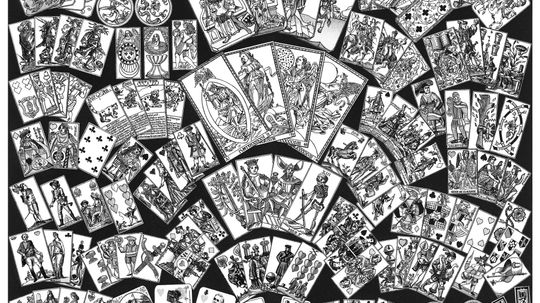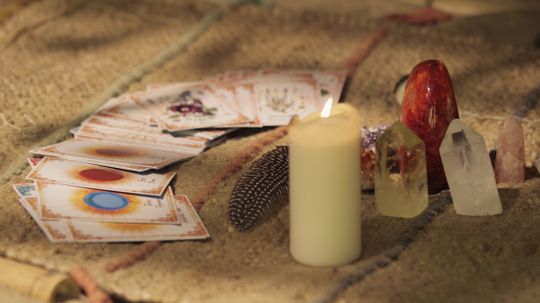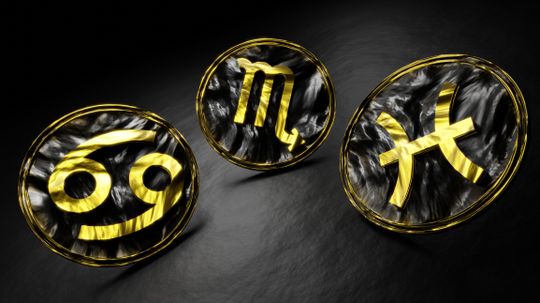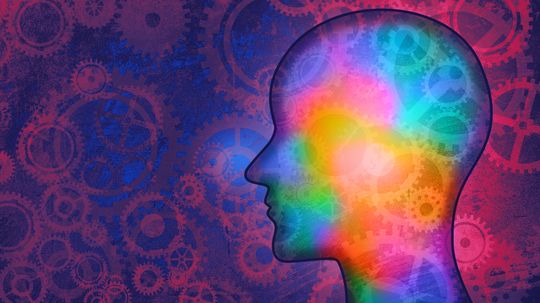Science Versus Myth
Are vampires real? What is an out-of-body experience? Are crop circles proof that aliens exist? HowStuffWorks explores what is real and what is urban legend with this collection of Science Versus Myth articles.

Top 10 Ghost Tours
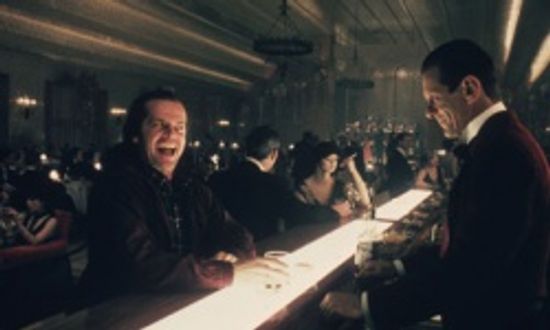
Top 10 Hotels That Will Scare the Daylights Out of You
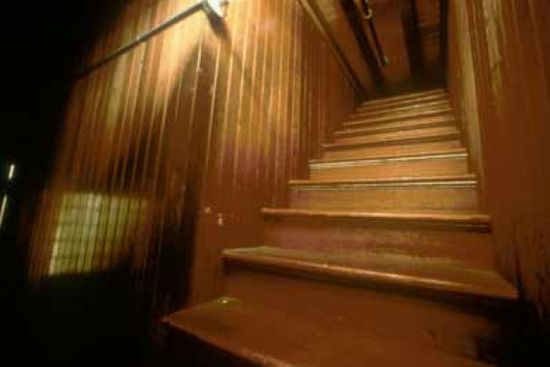
What's So Scary About The Winchester House Story?
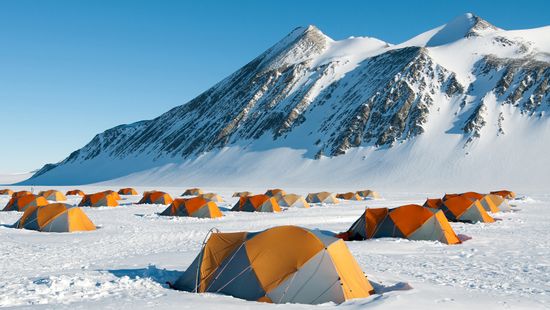
The Pyramid in Antarctica Isn't Actually a Pyramid
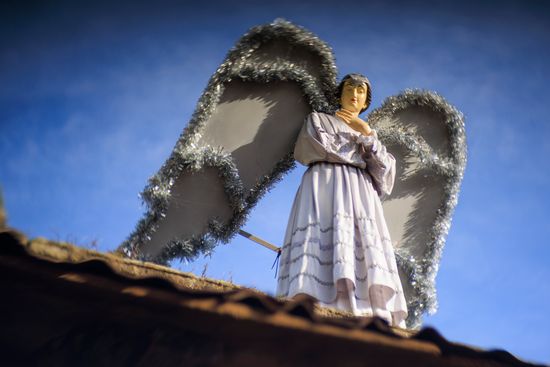
The Spiritual Awakening Signaled by the 757 Angel Number

8888 Angel Number Meaning: Prosperity, Abundance, and Spiritual Growth

Spirit Guides Bring Believers Comfort, Insight, and Aid

Psychic Powers: Fun to Consider, Even Without Scientific Support

How to Manifest Love: Merging Mind and Heart
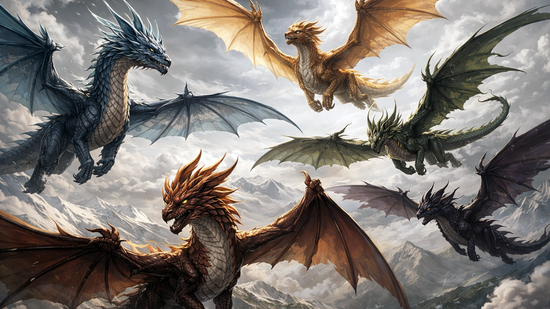
What Is a Group of Dragons Called? It's Almost Too Obvious

The Beast of Bray Road: Wisconsin's Claim to Cryptid Fame

Lougawou: A Haitian Vodou Werewolf

Do Marfa Lights Come From UFOs, Cars, the Military or Ghosts?

Solfeggio Frequencies: Healing Tones or Pseudoscience?

Is Sacred Geometry Related to Science or Is It Simply Beautiful?

What If Cows Didn't Exist?

What If Earth's Magnetic Field Flipped?

What If Humans Could Breathe Underwater?
Learn More / Page 6
Are you the giver, the receiver, or the scales in the 6 of Pentacles? This powerful tarot card's message about your true role might surprise you – discover what it means for your path.
By HowStuffWorks
Is the 5 of Pentacles haunting your readings? Learn why this challenging card might actually be the breakthrough message you've been waiting for.
By HowStuffWorks
What lessons does the 7 of Pentacles hold for your journey? Discover its powerful message about patience and the fruits of your labor. Are you ready to evaluate your path?
By HowStuffWorks
Advertisement
Unlock the surprising secrets behind color meanings and discover how each hue can shape your mood, choices, and even your future.
By HowStuffWorks
Two of Swords tarot card symbolizes difficult decisions, indecision, and balance. Discover how this card represents inner conflict and the need for clarity.
By HowStuffWorks
Discover why the Nine of Cups is called the 'wish card'—a powerful symbol of dreams coming true, emotional fulfillment, and unexpected abundance.
By HowStuffWorks
6 of Cups tarot card symbolizes nostalgia, childhood memories, and emotional healing. Discover how it encourages reconnecting with your past to find joy and balance.
By HowStuffWorks
Advertisement
What does it mean to be compatible with a Pisces? Discover the intricate layers of Pisces compatibility and see how it can influence your love life. Click to explore the magic of zodiac connections.
By HowStuffWorks
Discover the profound significance of 1222 angel number—unlock messages of positivity, balance, and new beginnings guiding you toward your true path.
By HowStuffWorks
Ace of Cups tarot card symbolizes new beginnings in love, emotional fulfillment, and spiritual awakening. Learn how it represents deep connections and fresh opportunities.
By HowStuffWorks
Unlock the hidden meaning of the 123 angel number! This sequence holds a powerful message for your life path. Discover what your angels are trying to tell you.
By HowStuffWorks
Advertisement
Feeling overwhelmed? The 10 of Swords reveals the truth behind your struggles. Join us as we decode its symbolism and learn how to rise from the ashes of despair. Don’t miss this enlightening journey.
By HowStuffWorks
Uncover which signs ignite their adventurous spirit and which ones extinguish their flame. Are you destined for love or a dramatic clash? Dive into the cosmic secrets of Sagittarius compatibility now.
By HowStuffWorks
Discover the hidden strength that keeps you standing, the secrets behind your resilience, and why giving up now could mean missing your breakthrough.
By HowStuffWorks
Discover the Eight of Cups tarot card's message about leaving the familiar to pursue deeper meaning and emotional growth.
By HowStuffWorks
Advertisement
Discover the urgent message the angels are sending about transformation, opportunity, and your future. Are you ready to embrace the change? Uncover what 5555 means for YOU now.
By HowStuffWorks
Are you in tune with your chakra colors? Explore their meanings and learn how to align your energy for a more balanced and fulfilling life.
By HowStuffWorks
Curious about the 1221 angel number? Uncover its hidden meanings, powerful messages, and how it can influence your life path.
By HowStuffWorks
Are you a water sign? Discover the hidden depths of Cancer, Scorpio, and Pisces. What does your element reveal about your emotions and intuition? Dive in now.
By HowStuffWorks
Advertisement
The Queen of Pentacles embodies nurturing, abundance, and practicality. Explore her tarot meaning focused on balance, resourcefulness, and care for others.
By HowStuffWorks
Unlocking the secrets of the King of Pentacles: What does this card reveal about your career, finances, and future success? Find out now!
By HowStuffWorks
Stop wondering about 717! Get the definitive guide to understanding its meaning, symbolism, and significance for your spiritual journey.
By HowStuffWorks
Discover the hidden meanings behind each color and find out how to see and interpret your own aura.
By HowStuffWorks
Advertisement
What does your lightsaber color reveal about you? Join us on a journey through the meanings of lightsaber colors and discover your true connection to the Force.
By HowStuffWorks
Red isn't just for romance? Discover the shocking truth behind rose colors that florists don't tell you. Sending the wrong shade could reveal feelings you never intended.
By HowStuffWorks
